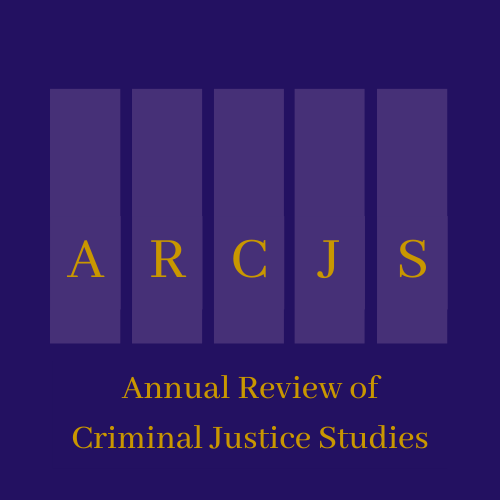The Examining Counter-Colonial Criminology’s Impact on the Israel-Hamas War: An Analysis of Crimes Against Humanity and International Humanitarian Law
Palabras clave:
counter-colonial criminology, Israel-Hamas War, International Humanitarian Law, Crimes Against Humanity, United StatesResumen
This research paper delves into the Israel-Hamas conflict, employing a Counter-Colonial framework to examine the historical nuances and the relationship between the current conflict in Israel and Palestine. On October 7th, 2023, Hamas launched an unprecedented attack on Israel. Not only murdering civilians but also sexually assaulting women. In response to the gruesome attack, Israel launched a series of indiscriminate bombardments and attacks on both Hamas militants and an unprecedented amount of civilians. The surprise attack and therefore the apparent failure of the IDF’s highly praised intelligence systems, have shaken the world up to its core.
The primary objective of this paper is to conduct a comprehensive analysis of these events through the lens of international humanitarian - and war law. This offers a structured legal framework for evaluating the actions and responsibilities of both Hamas and Israel. Theoretical foundations of counter-colonial criminology echo the historical injustices that have shaped the trajectory of this conflict. Counter-colonial criminology seeks to understand how colonial legacies, power structures, and historical injustices shape the dynamics of crime, justice, law, and social control. The interplay encompassing history, geopolitical dynamics, diplomacy, and humanitarian imperatives underscores the multifaceted nature of the Israel-Hamas War and the global response. This paper presents a comprehensive understanding, of the dynamically evolving reality, the international legal perspective, and the role played by international institutions in elucidating the unfolding events in Israel and Palestine.


